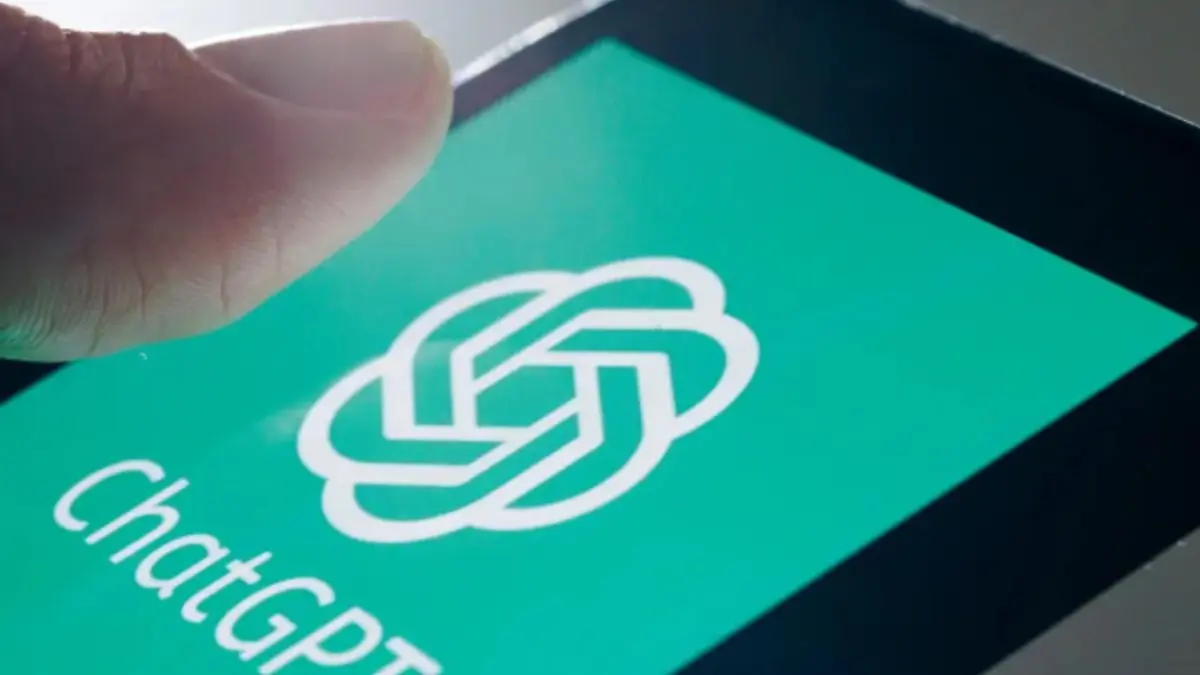Updated 15 April 2025 at 00:31 IST
17 Doctors Missed It, Chatgpt Didn't: Here's How AI Helped a Mom Diagnose Her Son's Rare Condition
An American mother successfully turned to ChatGPT after 17 doctors failed to diagnose her 4-year-old son's mysterious illness.
- World News
- 2 min read

In a remarkable case that showcases the growing impact of artificial intelligence in healthcare, an American mother successfully turned to ChatGPT after 17 doctors failed to diagnose her 4-year-old son's mysterious illness. The AI chatbot not only correctly identified the rare condition but also led the family to the right treatment and surgery that changed the child’s life.
According to a report by TODAY.com, Courtney, the mother of young Alex, had been searching for answers for more than three years. It all began during the COVID-19 pandemic, when she noticed strange and worrying symptoms in her son. Alex had frequent toothaches, slowed growth, and started showing balance and posture issues. Despite visiting numerous medical specialists, no clear diagnosis was made.
Feeling exhausted and desperate, Courtney decided to try something unconventional. She fed Alex’s symptoms and MRI details into ChatGPT, the popular AI chatbot developed by OpenAI. In a matter of seconds, ChatGPT suggested “Tethered Cord Syndrome”, a rare and often overlooked neurological condition that affects the spinal cord.
Looking for more clarity, Courtney joined a Facebook group for parents dealing with similar issues. To her surprise, many described symptoms that matched Alex’s, further validating the AI’s suggestion. She soon consulted a new neurosurgeon, who confirmed the diagnosis made by ChatGPT. Following this, Alex underwent successful spinal surgery, and he is now recovering well.
Advertisement
This breakthrough brought not only relief but also renewed hope for the family, who had previously hit countless dead ends with conventional medical consultations.
Advertisement
While the incident has sparked public praise and growing interest in AI's medical potential, healthcare experts advised caution. Many specialists emphasized that AI tools like ChatGPT should not be seen as replacements for doctors. These systems can still make mistakes or present misleading results — a flaw known as “AI hallucination.”
However, this case underlined the immense possibilities of AI, especially in diagnosing rare conditions or assisting in second opinions. In resource-limited healthcare environments, like parts of India, where access to specialists is restricted, AI could be a powerful tool for early detection and triage.
As AI becomes more deeply integrated into modern life, stories like Alex’s open new conversations in medicine — not just about how AI can help, but how it can collaborate with doctors to improve patient outcomes.
Published By : Medha Singh
Published On: 15 April 2025 at 00:31 IST
